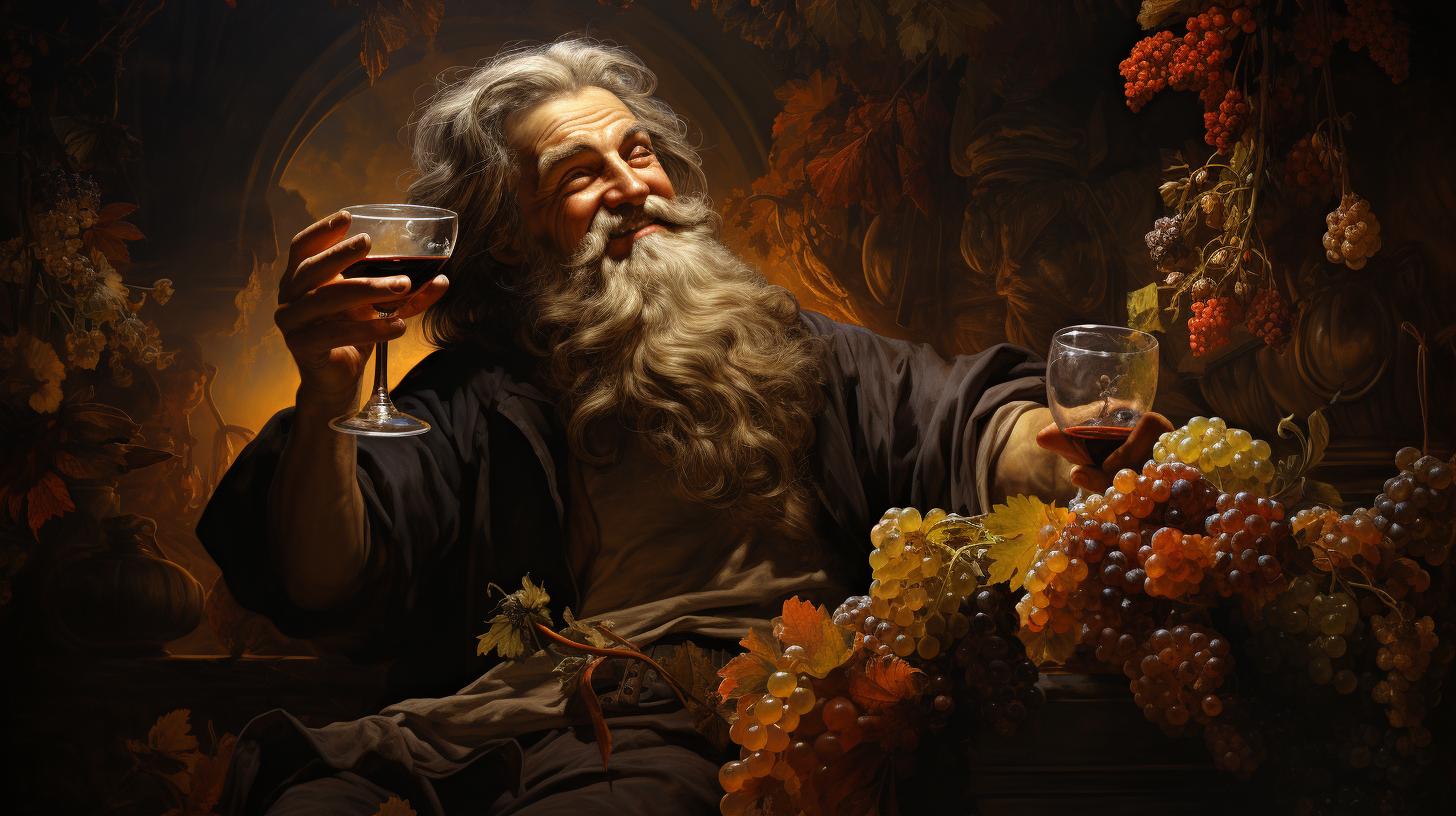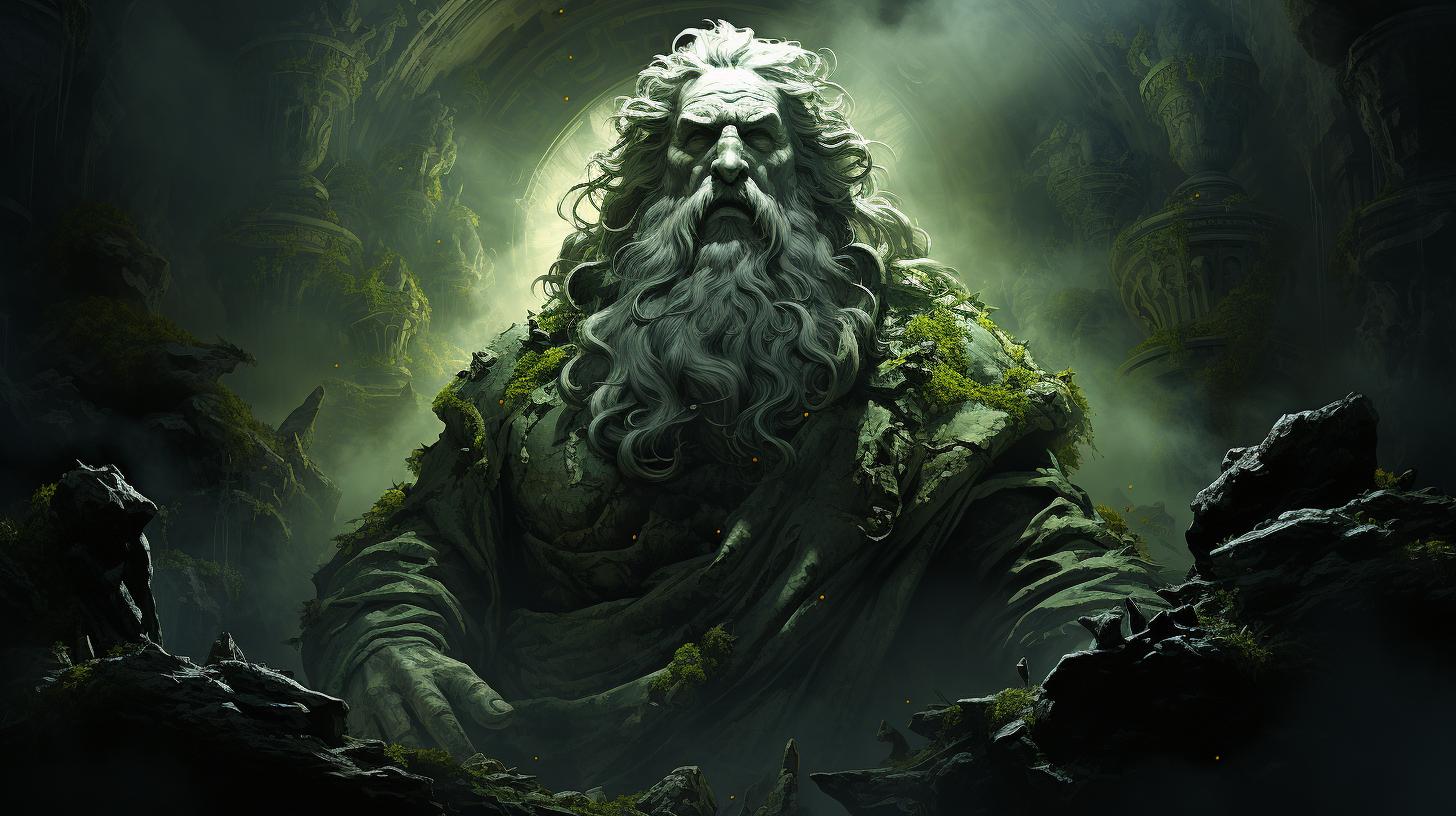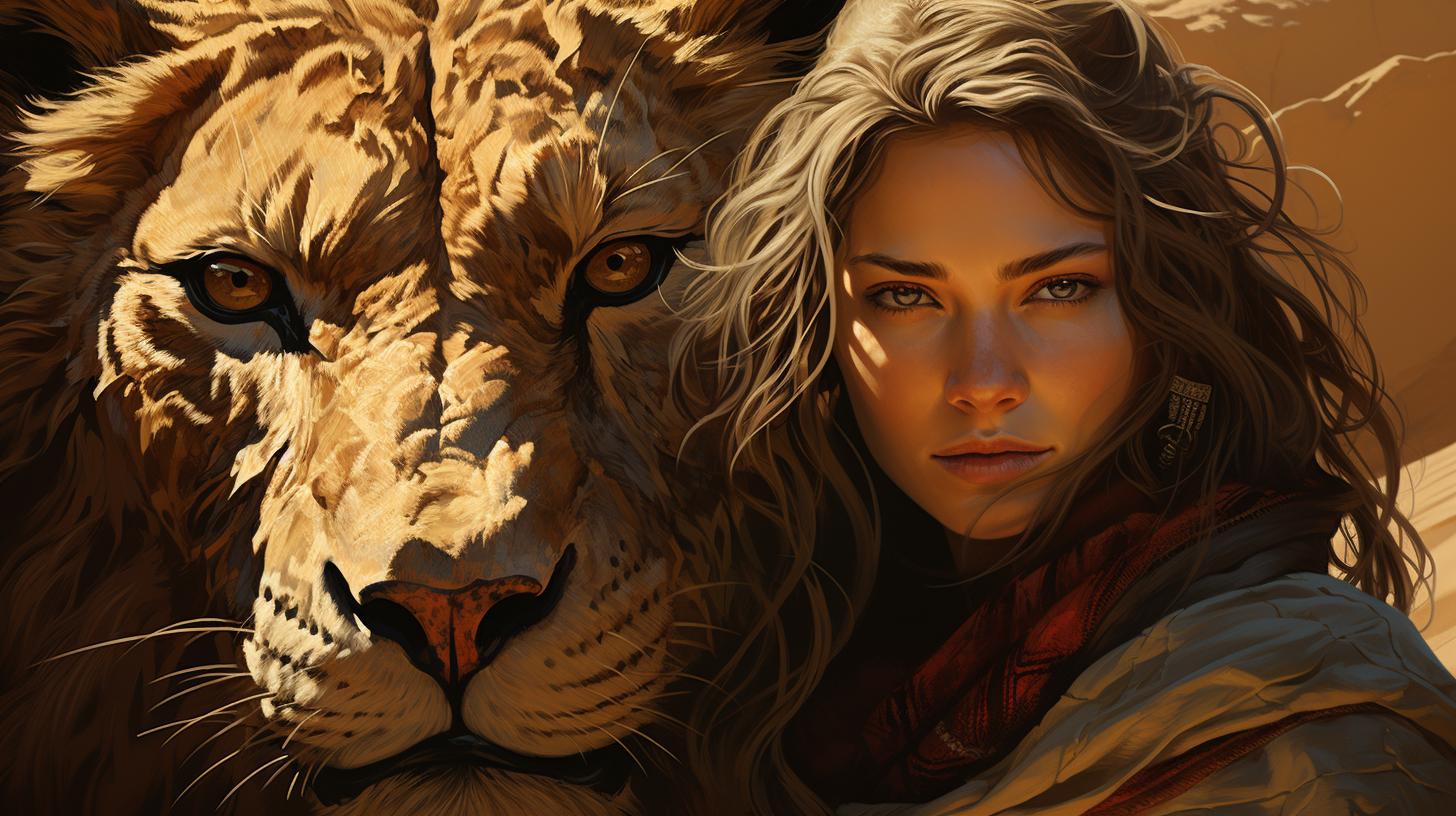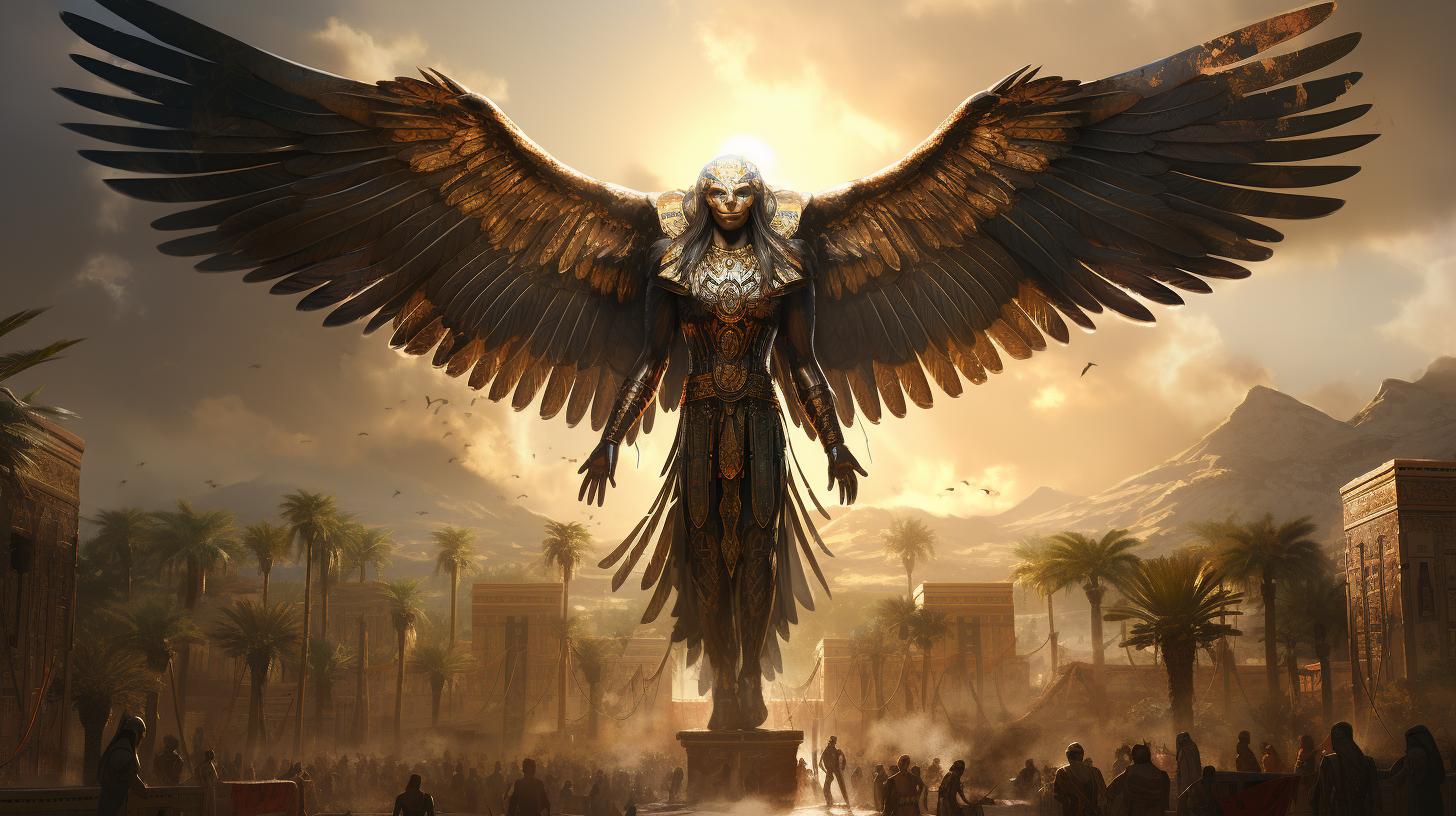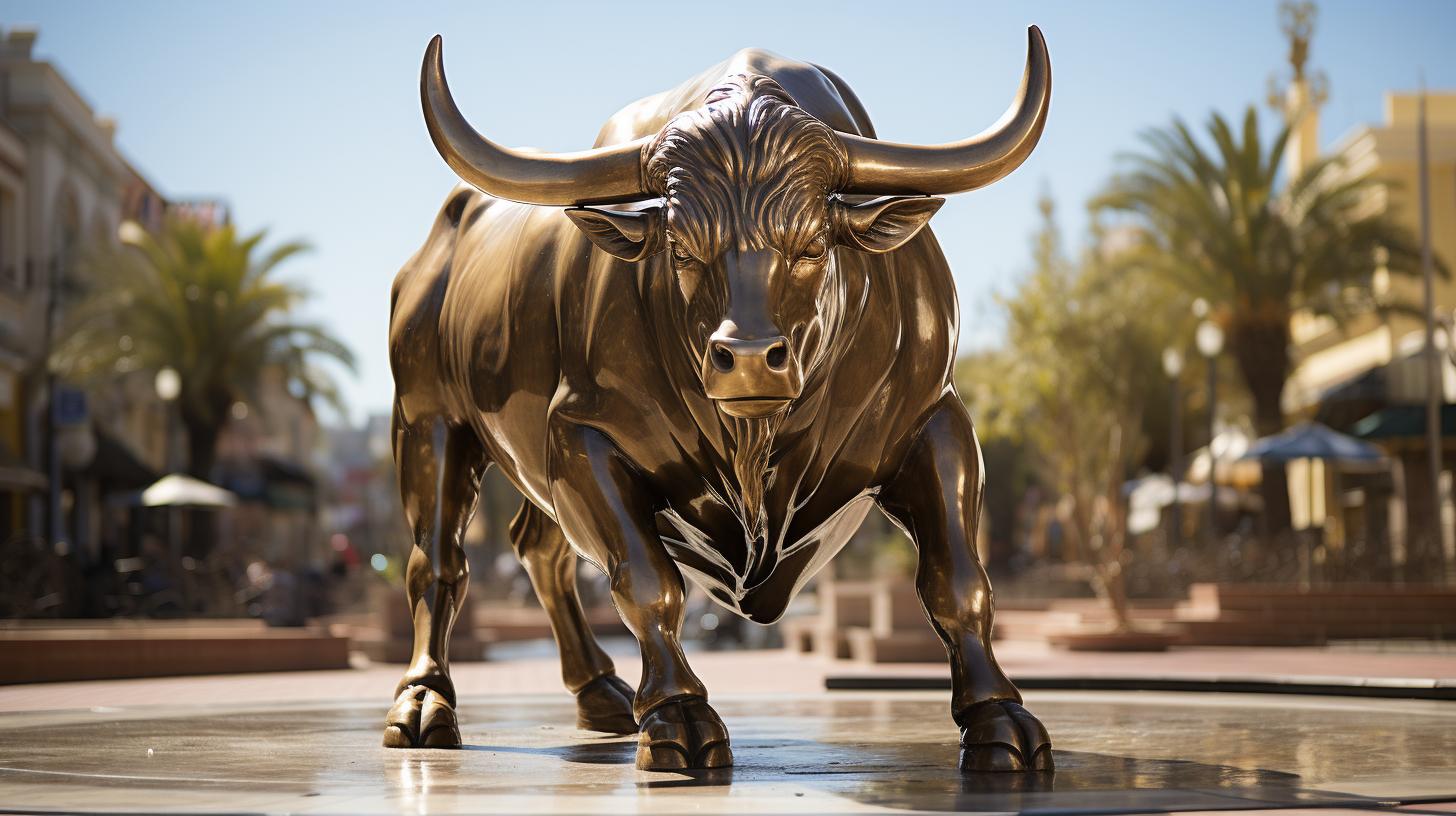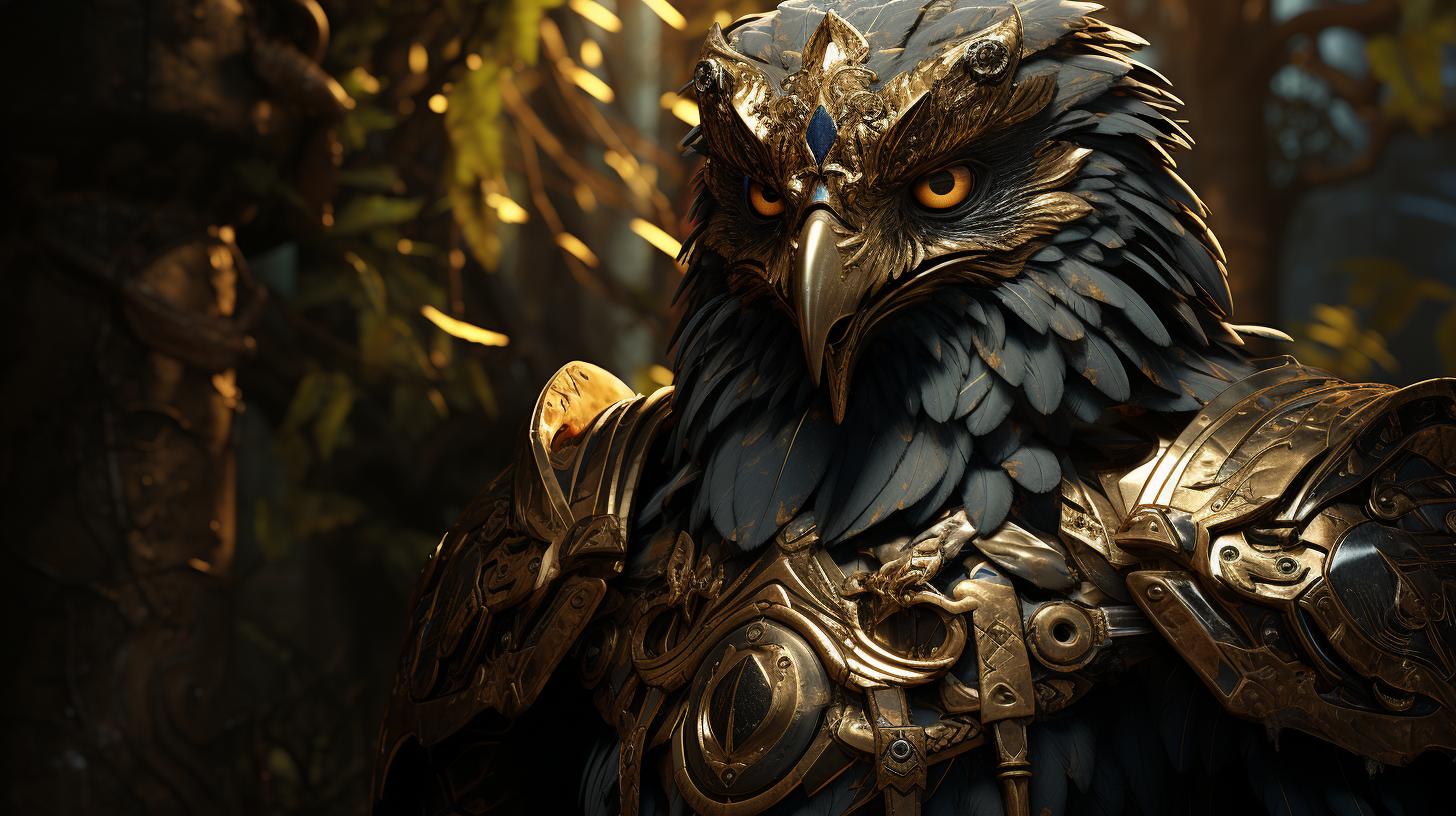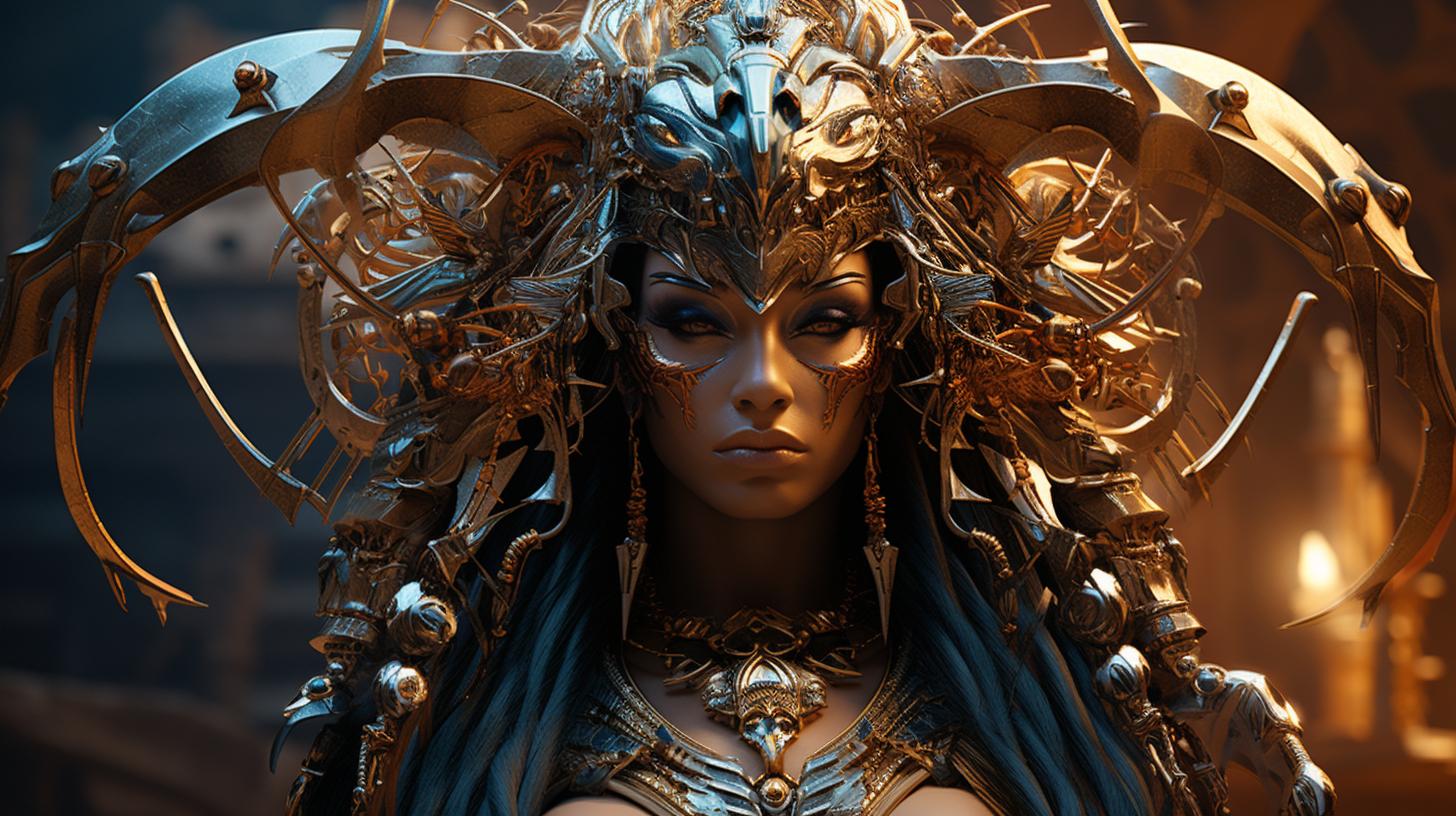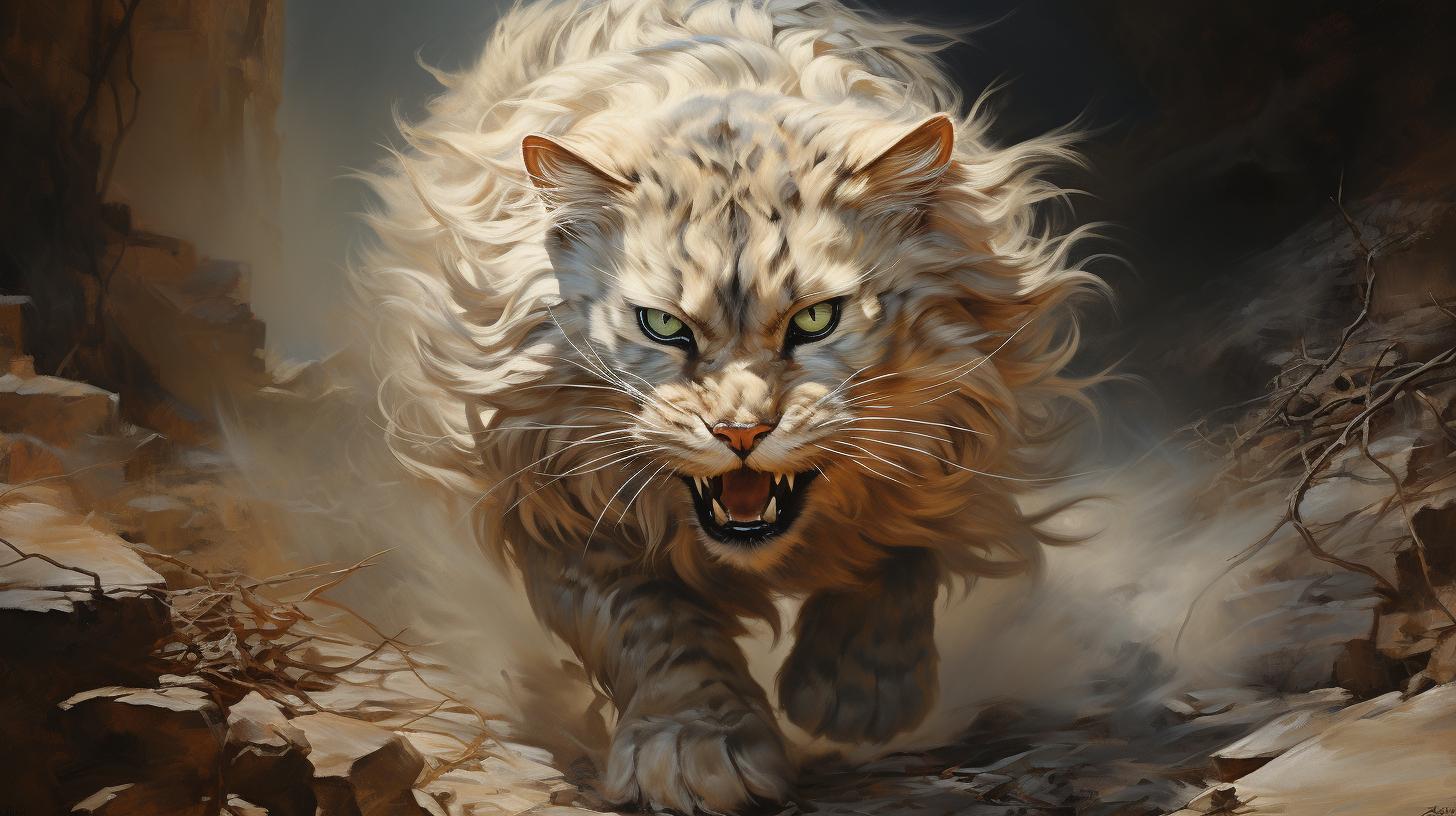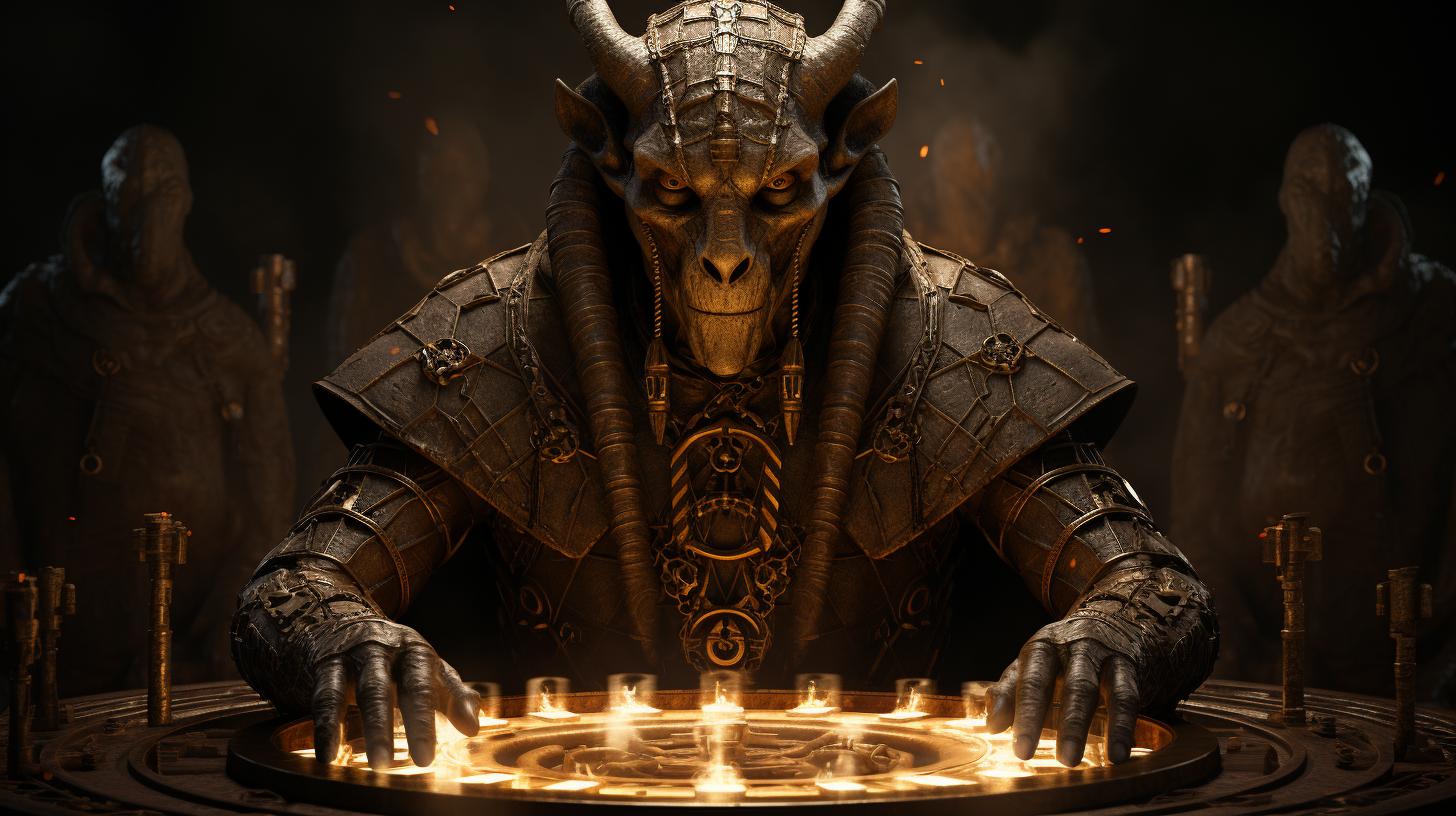Unlocking the Mysteries of Shezmu: The Egyptian God of the Underworld and Winemaking
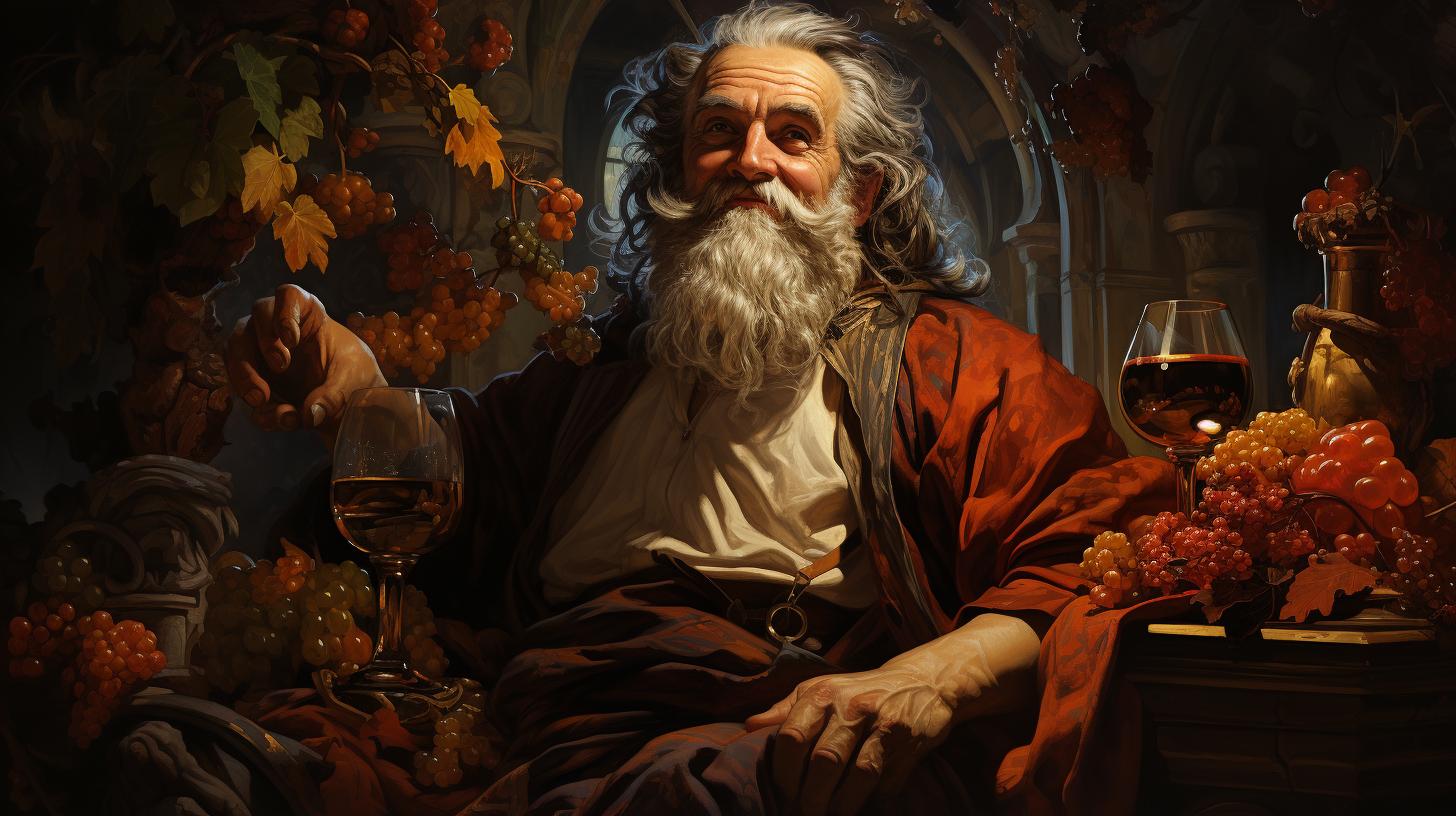
In ancient Egyptian mythology, Shezmu was a deity associated with the underworld and revered as both a demon and a god. Known for his involvement in embalming and winemaking, Shezmu possessed a dual nature of benefactor to the deceased and punisher of wrongdoers.
Represented as a complete man, a lion-headed figure, or a falcon, he offered red wine or blood to the departed, believed to grant them strength and power. This article delves into Shezmu’s multifaceted character, his role in winemaking, connections with other deities, worship centers, and significance in Egyptian afterlife beliefs.
Understanding Shezmu’s Dual Nature: Benefactor and Punisher
Shezmu, the ancient Egyptian deity, embodies a complex duality as both a benefactor and a punisher. In this section, we delve into the various aspects of Shezmu’s nature, exploring his roles in aiding the deceased and executing divine justice.
Shezmu as a Benefactor of the Dead
One facet of Shezmu’s persona is his benevolent role in the afterlife. As a benefactor, Shezmu is revered for his connection to embalming practices and rituals that ensure the preservation of the deceased.
Through his association with the press of wine, he provided the departed with life-giving sustenance, empowering them for their journey in the underworld. The offering of red wine or blood from Shezmu was believed to grant the dead strength and vitality.
Shezmu’s Punishing Role and Associations with Divine Justice
Contrasting his beneficent aspect, Shezmu also assumes the role of a punisher, exercising divine justice upon wrongdoers. As the executioner of Osiris, he becomes the decapitator of the malevolent, enforcing retribution in the afterlife.
The blood-red wine that flowed from Shezmu’s presses not only nourished the virtuous souls but consumed the bodies of the condemned, serving as a grim reminder of their misdeeds and providing power to Unas, the devourer of souls.
The Symbolism of Shezmu’s Dual Personas
Within the symbolism of Shezmu’s dual personas lies a deeper meaning. The lion-headed or falcon forms represent his fierce and protective nature, shielding the righteous and punishing the wicked. This duality embodies the delicate balance between life and death, good and evil, creation and destruction.
Shezmu serves as a reminder of the intricate interplay of opposing forces in the ancient Egyptian worldview.
Shezmu’s Association with Winemaking and Embalming
Shezmu, the ancient Egyptian deity, holds a significant role in both winemaking and embalming, showcasing a diverse range of responsibilities within Egyptian culture and belief systems.
Unraveling Shezmu’s Role in the Pressing of Wine
Shezmu played a crucial part in the production of wine, being associated with the pressing and extraction of its juices.
As the god of the “prensa de vino,” he ensured the quality and potency of the wine offerings presented to the deceased. His divine touch in this process was believed to provide strength and nourishment to the departed souls on their journey to the afterlife.
Shezmu’s Connections to Embalming and Funerary Rituals
Parallel to winemaking, Shezmu’s influence extended to the realm of embalming and funerary rituals. Considered a master of preservation, he safeguarded the bodies of the deceased from decay and ensured their eternal existence in the afterlife.
Shezmu’s association with embalming practices underscores his vital role in Egyptian mortuary practices and the belief in the continuity of life beyond death.
The Symbolic Importance of Wine and Blood in Shezmu’s Cult
Wine and blood held profound symbolic significance within Shezmu’s cult.
The red wine and blood he offered to the departed not only provided sustenance but also symbolized life, vitality, and the cyclical nature of existence. This connection resonated with the belief in resurrection and the rejuvenation of the soul in the afterlife.
Shezmu’s association with these potent fluids served as a conduit for the eternal power that was bestowed upon the deceased.
Shezmu’s Relationship with Other Egyptian Deities
Shezmu, the complex Egyptian deity, had intriguing connections with various other gods and entities in the ancient pantheon. Through these relationships, Shezmu’s role and significance in Egyptian mythology expanded beyond his position as a deity of winemaking and embalming.
Shezmu’s Association with Horus, Thoth, and Apep
Shezmu’s association with prominent Egyptian deities further highlights his importance in the pantheon. Notably, he shared a connection with Horus, the powerful sky god and embodiment of divine kingship.
This association emphasized Shezmu’s role as a divine executor of justice, aligning with Horus’ pursuit of truth and order.
Additionally, Shezmu had ties to Thoth, the god of wisdom, writing, and magic. This association suggests an intellectual aspect to Shezmu’s character, potentially linked to his role in embalming and preserving knowledge related to the afterlife.
Thoth’s influence might have guided Shezmu in ensuring the proper preservation of the deceased.
Shezmu’s connections also extend to Apep, the malevolent serpent often depicted as an enemy of the sun god Ra. The involvement with Apep suggests Shezmu’s role in protecting the divine order and combating chaos.
As an integral part of the funerary cult, Shezmu played a crucial role in opposing the forces that threatened resurrection and eternal life.
Shezmu’s Invocations in Solar and Funerary Contexts
Shezmu’s presence can be found in solar and funerary contexts, indicating his association with crucial elements of Egyptian spirituality. Invocations of Shezmu in solar rituals highlight his connection to the sun god Ra, symbolizing the cycle of life and death.
These invocations aimed to harness Shezmu’s power to protect the deceased during their journey through the afterlife.
Furthermore, Shezmu’s significance in funerary contexts emphasizes his role as a guardian against decay and corruption. Through his association with embalming practices, Shezmu played a crucial part in preserving the physical body and ensuring a successful transition into the afterlife.
His presence in funerary rituals invoked his aid in maintaining the integrity of the deceased’s remains.
Exploring Shezmu’s Connections to Other Egyptian Gods
Beyond his associations with specific deities, Shezmu’s connections to other Egyptian gods provide further insights into his multifaceted nature. As “Shezmu” encompassed the concept of the “pressing of wine,” it suggests his possible relationship with fertility and agricultural deities.
This connection may indicate an association with the cycle of life and the sustenance provided by the land.
Additionally, Shezmu’s role in the cult of Osiris, the god of the afterlife, highlights his involvement in the resurrection process. Combining forces with Osiris, Shezmu acted as the decapitator of evildoers, facilitating their punishment and ensuring justice in the divine realm.
Exploring the connections between Shezmu and various Egyptian gods unravels the intricacies of his divine character. From his associations with Horus and Thoth to his role in solar and funerary rituals, Shezmu’s significance extended beyond winemaking and embalming, embodying diverse aspects crucial to Egyptian mythology and religious practices.
Shezmu’s Worship and Cult Centers
Shezmu, the ancient Egyptian deity associated with the underworld and winemaking, had dedicated worship centers throughout the land. These cult centers played a crucial role in the veneration and devotion to Shezmu, each with its unique significance.
The Cult of Shezmu in the Faiyum Region
In the fertile region of Faiyum, Shezmu’s cult thrived, attracting devoted followers who recognized his dual nature as a benefactor and punisher. The people of Faiyum celebrated Shezmu as a deity involved in winemaking, embalming, and ensuring the preservation of the dead.
They offered prayers, sacrifices, and rituals to honor him and seek his protection.
Shezmu’s Veneration in Edfu and Dendera Temples
The worship of Shezmu extended beyond Faiyum to prominent temples in Edfu and Dendera. These sacred sites served as focal points for Shezmu’s devotees who sought his blessings and intercession. The rituals performed in these temples included the brewing of wine and the anointing of oils, symbolizing Shezmu’s ties to winemaking and embalming.
Worshipers believed that by paying homage to Shezmu, they could obtain his favor and safeguard their journey into the afterlife.
Historical Significance and Devotion to Shezmu over Time
Throughout the history of ancient Egypt, devotees of Shezmu remained steadfast in their reverence for the deity. Their unwavering devotion and belief in Shezmu’s powers transcended generations. The cult of Shezmu persevered even during turbulent times, with people attributing divine virtues to him, such as protection from putrefaction and the provision of strength and vitality to the deceased.
In conclusion, Shezmu’s worship and cult centers, including the Faiyum region, Edfu, and Dendera, played an integral role in the religious practices of ancient Egyptians. These centers allowed followers to express their devotion, seek divine intervention, and honor Shezmu as a deity associated with winemaking, embalming, and afterlife protection.
The Role of Shezmu in Egyptian Afterlife Beliefs
Shezmu held a significant position in the elaborate belief system surrounding the afterlife in ancient Egypt. His role encompassed the preservation of the deceased, his connection to Osiris mythology, and the offerings and prayers made to ensure protection in the afterlife.
Shezmu’s Influence on the Preservation of the Dead
One of Shezmu’s crucial roles was to prevent the decay and deterioration of the body after death. Believed to possess the power to ward off putrefaction, Shezmu played a vital part in the embalming process.
His association with the preservation of the deceased elevated his status as a deity closely linked to funerary rituals and practices.
Shezmu’s Significance in Osiris Mythology
Shezmu’s significance extended to the realm of Osiris, the god of the afterlife and rebirth. Within the context of Osiris mythology, Shezmu was considered a crucial figure involved in the judgment of souls.
As the decapitator of wrongdoers, he played a pivotal role in enforcing divine justice alongside Osiris. The presence of Shezmu in the afterlife narrative reinforced the belief in reward and punishment in the Egyptian concept of the hereafter.
Offerings and Prayers to Shezmu for Afterlife Protection
In order to secure protection and divine favor in the afterlife, individuals made offerings and prayers to Shezmu. These acts sought his benevolence and support, particularly in safeguarding the souls of the departed.
Offerings often included wine, symbolic of Shezmu’s association with winemaking, as well as prayers and invocations that pleaded for his intercession with the gods of the afterlife.
- The wine offered to Shezmu symbolized the sustenance and revitalization of the spirits in the afterlife.
- Prayers were recited to request Shezmu’s assistance in navigating the trials and tribulations of the underworld.
- Devotees sought Shezmu’s protection from malevolent forces and his guidance towards a favorable judgment in the divine realm.
These offerings and prayers aimed to ensure the souls’ safe journey through the afterlife and their ultimate reward in the realm of eternal happiness.
As part of the complex tapestry of Egyptian mythology, Shezmu’s role in afterlife beliefs not only held immense cultural significance but also influenced the practices and rituals associated with death and the journey to the eternal realm beyond.
FAQs: Answering Common Questions about Shezmu
Who is Shezmu in Egyptian Mythology?
Shezmu holds a significant place in Egyptian mythology as a deity associated with the underworld and winemaking. He embodies a dual nature, serving both as a benefactor to the deceased and a punisher of wrongdoers.
Represented in various forms, such as a complete man, man with a lion head, or a falcon, Shezmu is believed to have the power to grant strength and protection to the departed.
What is the Symbolism Behind Shezmu’s Dual Nature?
The symbolism behind Shezmu’s dual nature lies in the contrasting roles he played. On one hand, he offers benevolence and empowerment to the deceased, ensuring their well-being in the afterlife. On the other hand, he acts as a stern punisher, delivering justice to the wicked.
This duality represents the complex balance between life and death, justice and mercy.
What Were Shezmu’s Roles in Winemaking and Embalming?
Shezmu played an integral role in winemaking and embalming practices in ancient Egypt. As the god associated with the pressing of wine, he was believed to provide the divine essence necessary for the transformation of grapes into wine.
Additionally, Shezmu played a part in the embalming process, ensuring the preservation and protection of the deceased.
How Was Shezmu Worshiped and Where?
Shezmu was worshipped in various cult centers throughout ancient Egypt. His cult was particularly strong in the Faiyum region, where dedicated priesthoods performed rituals and ceremonies in his honor. Shezmu was also revered in the temples of Edfu and Dendera.
Worship of Shezmu involved offerings of wine and blood, believed to bestow power and strength to the worshippers.
What is Shezmu’s Connection to Other Egyptian Deities?
Shezmu shares connections with several prominent Egyptian deities. He is associated with the falcon-headed god Horus, the god of wisdom Thoth, and the serpent Apep, who represents evil and chaos.
Shezmu’s close ties to these deities further emphasize his roles in solar and funerary contexts. Through these associations, Shezmu’s significance in Egyptian mythology is amplified.
.

